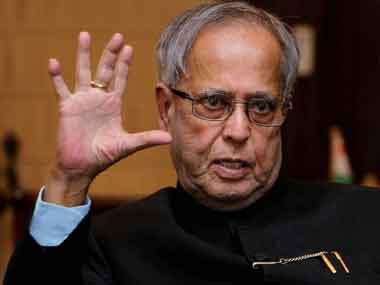by Pranbihanga Borpuzari
Amidst concerns expressed by Reserve Bank Governor Duvvuri Subbarao about the high fiscal deficit and slippage, Finance Minister Pranab Mukherjee on Tuesday sought to allay fears by stating that he would diligently stick to the fiscal targets.
“I know that there are some concerns about the fiscal deficit target for the current financial year. Let me assure you that the budgetary exercise has been done with due diligence and I would do my best to restrict government expenditure to the budgeted figures,” said Mukherjee.
However, he made it clear that the government will not compromise on funds earmarked for schemes that are part of the UPA government’s agenda of inclusive growth.
“The government is committed to the agenda of inclusive growth and accordingly I have duly provided for all flagship schemes targeting the poorest of the poor. The government is coordinating the Socio-Economic Caste Census (SECC), which is the administrative identification for the process of delivery under various developmental schemes. After this is available, the eligibility and entitlements of the rural households for the central schemes will be determined,” he said.
[caption id=“attachment_278987” align=“alignleft” width=“380” caption=“Mukherjee made it clear that the government will not compromise on funds earmarked for schemes that are part of the UPA government’s agenda of inclusive growth.PTI”]  [/caption]
On the fiscal front, the revised estimates for 2011-12 placed the fiscal deficit at 5.9 per cent of GDP. The budget for 2012-13 estimates the fiscal deficit to come down to 5.1 per cent of GDP.
The Medium Term Fiscal Policy Statement 2012-13 places the fiscal deficit at 4.5 per cent and 3.9 per cent respectively in the next two years. “Thus the medium term fiscal stance is firmly on the fiscal consolidation path with the revenue deficit sought to be eliminated in 2014-15. Gross outstanding liabilities of the Centre are estimated to decline from 45.7 per cent in 2011-12 (RE) to 41.9 per cent in 2014-15,” Mukherjee said.
With RBI cutting rates by a higher-than-expected 50 basis points, the central bank has looked to address the issue of declining growth without compromising on its fight against inflation. While Mukherjee admits that the sustained high level of inflation has been a major policy concern over the last two years, inflation has now moderated to under seven percent as of March 2012.
“Though WPI food inflation declined significantly from 20.2 per cent in February 2011 to 5.9 per cent in February, 2012, it has risen again in March 2012 to nearly 9 per cent. We have to be careful and bridge the structural supply gaps to improve availability of high demand food items, including animal proteins, edible oils and fruits and vegetable,” he said.
For Mukherjee, the government has been making all efforts to address demand and supply-side problems but it is certain that we would now have to live with inflation in the range of 6 to 7 percent.
(The writer works for Entrepreneur magazine)


)
)
)
)
)
)
)
)
)



